2019 Wall Street Reading List
A collection of the Wall Street Reading List's best business books published in 2019.
3,667 views
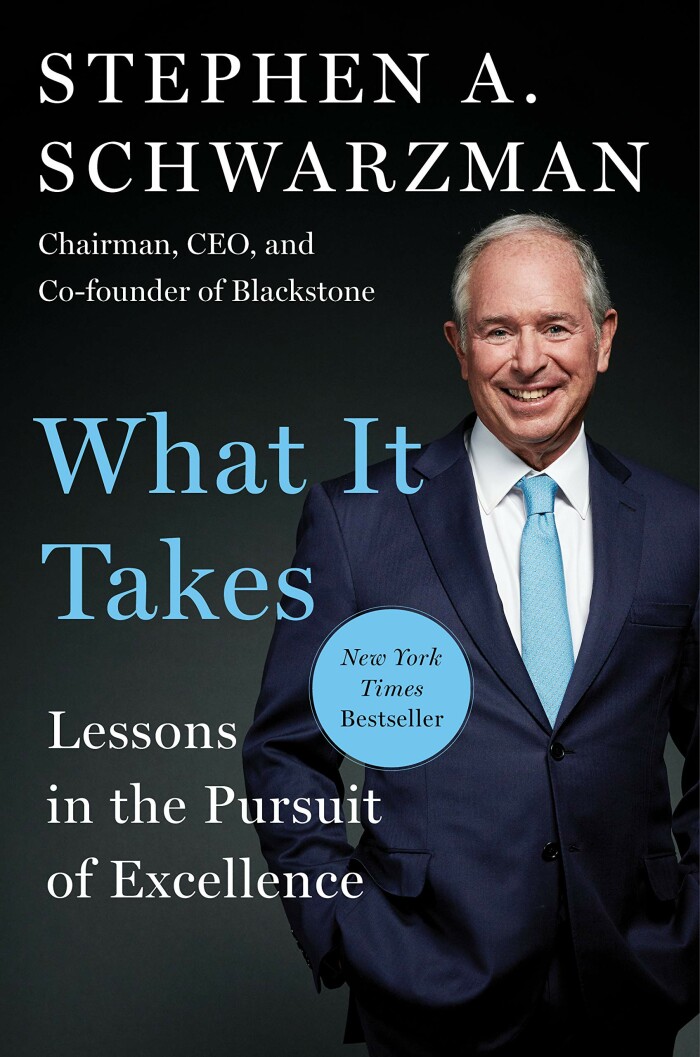
What It Takes
Stephen A. Schwarzman
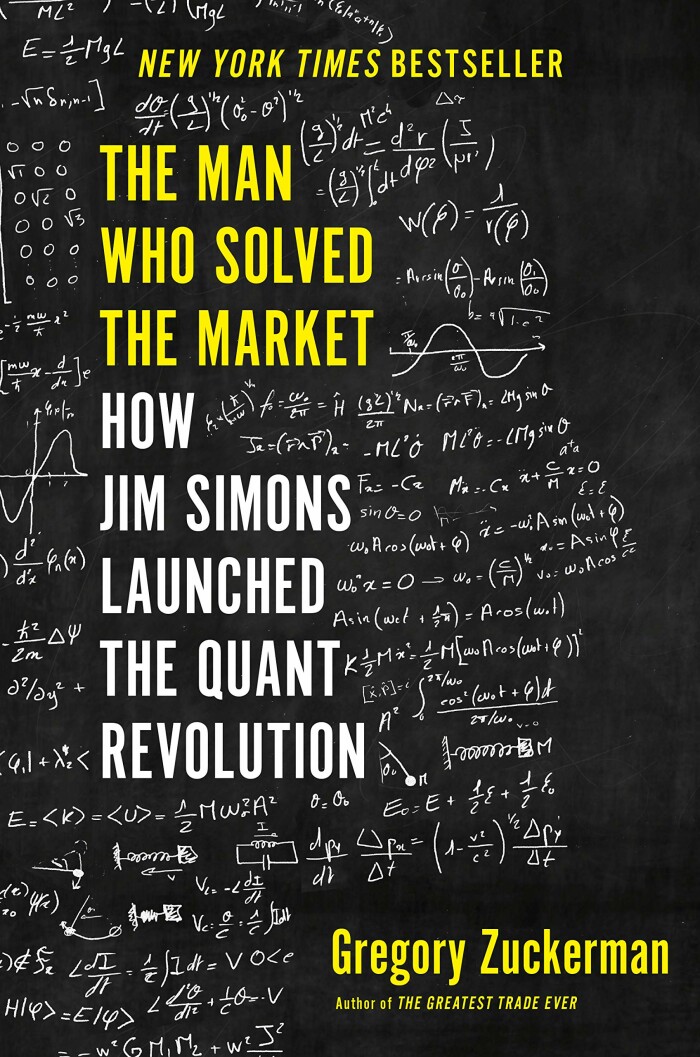
The Man Who Solved the Market
Gregory Zuckerman
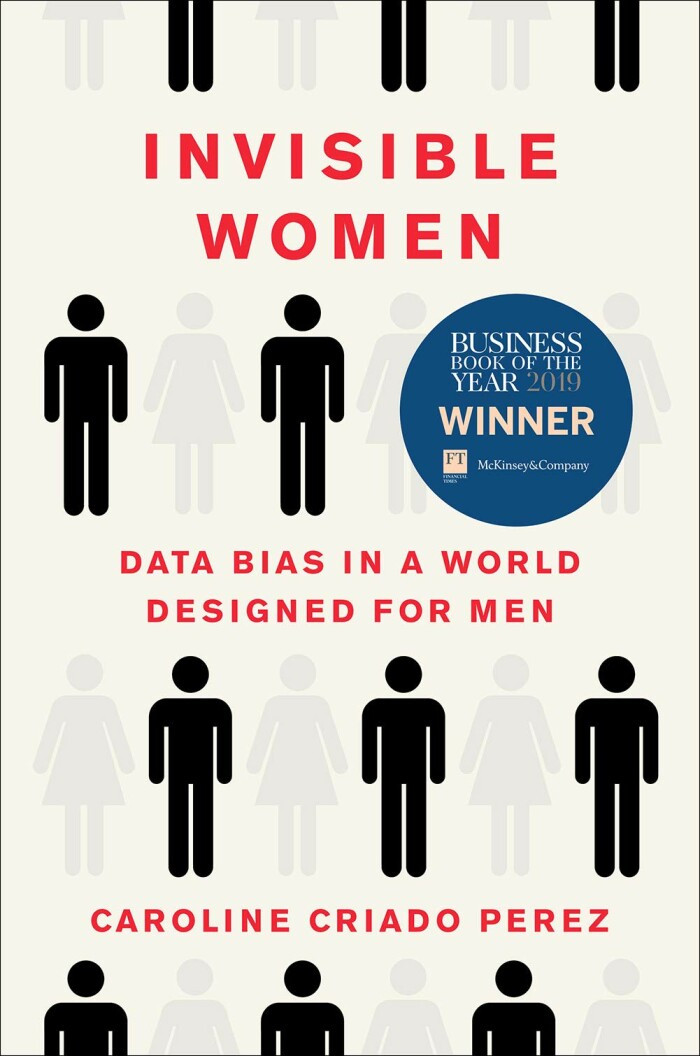
Invisible Women
Caroline Criado Perez

Narrative Economics
Robert J. Shiller
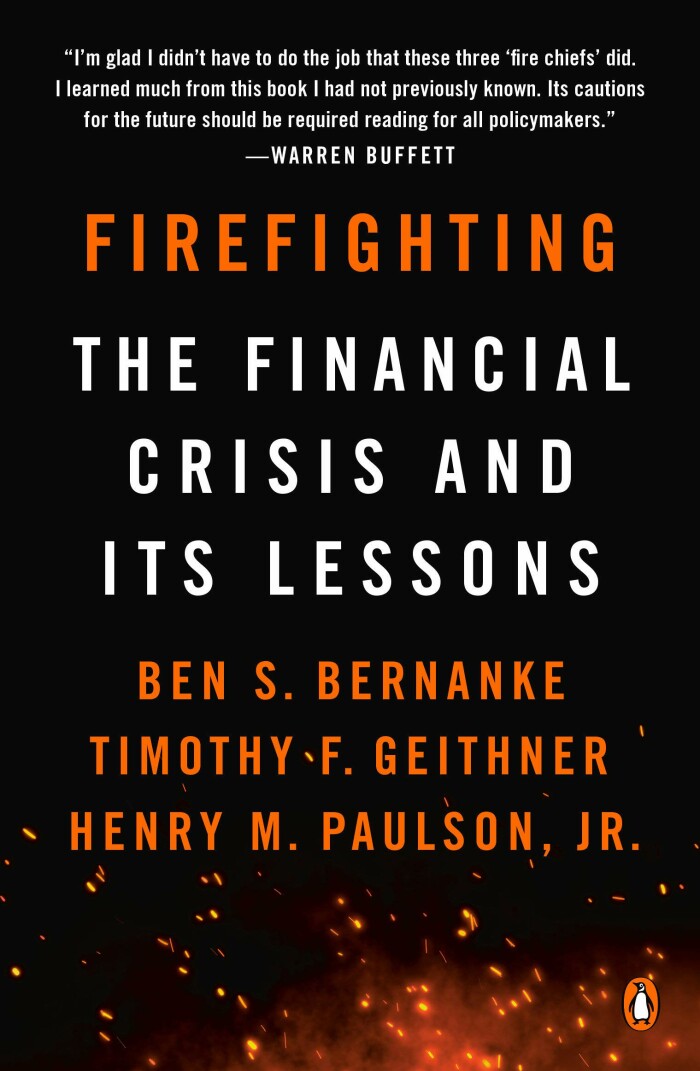
Firefighting
Ben S. Bernanke
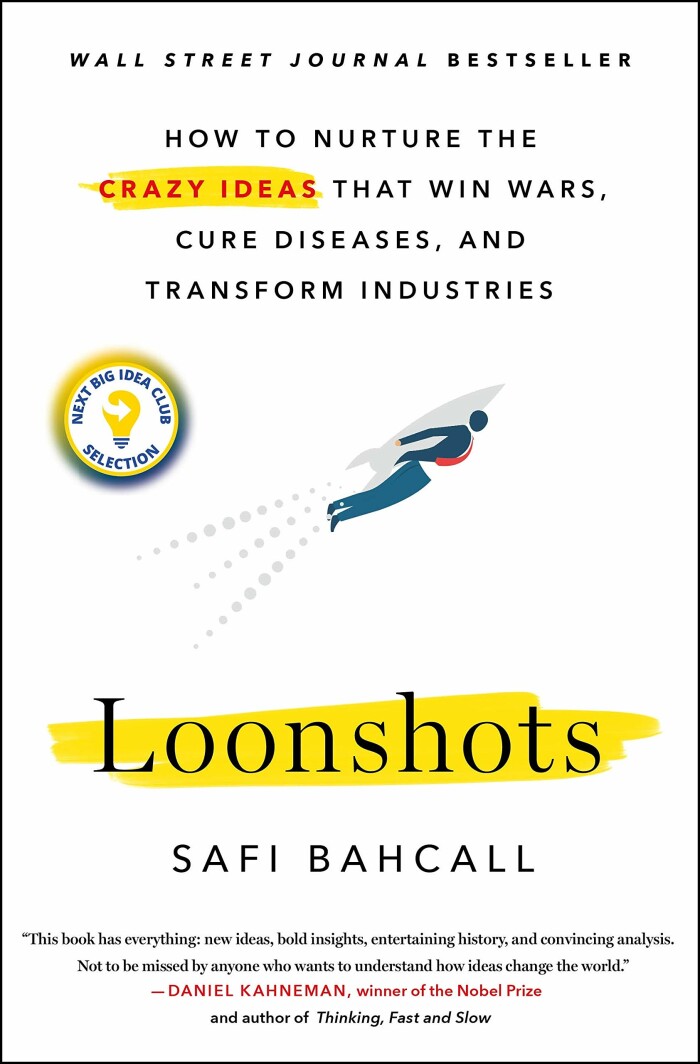
Loonshots
Safi Bahcall
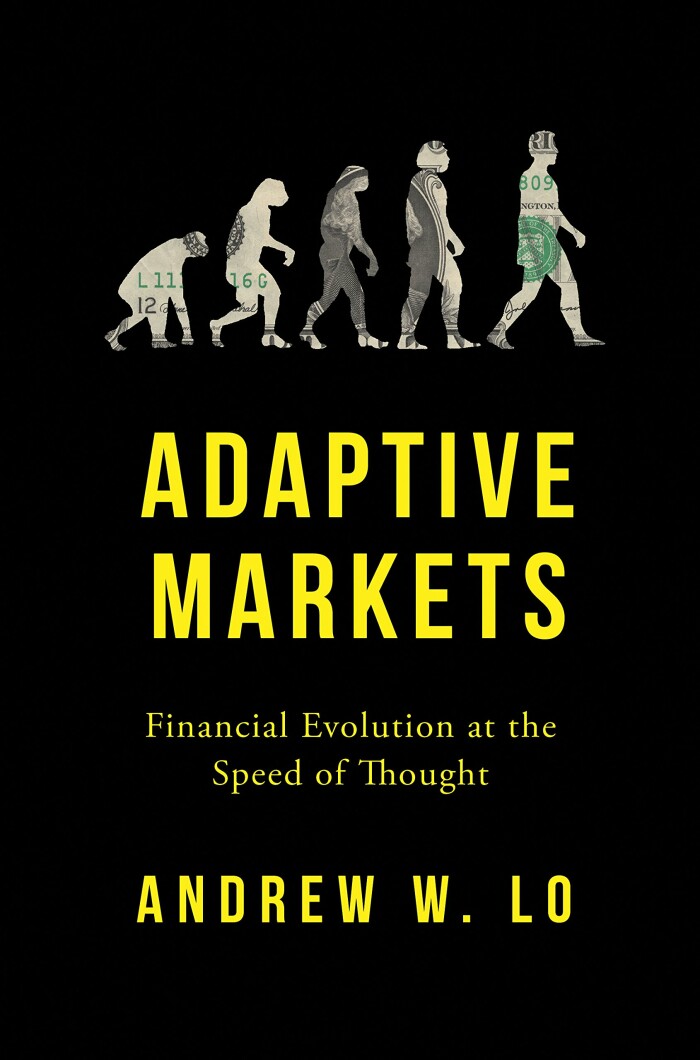
Adaptive Markets
Andrew W. Lo
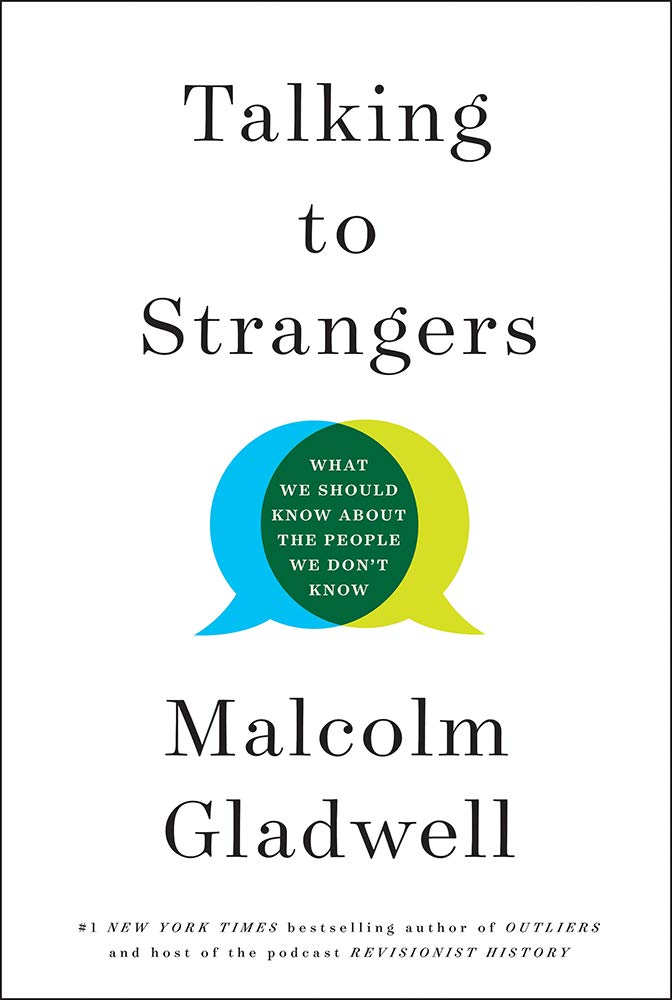
Talking to Strangers
Malcolm Gladwell
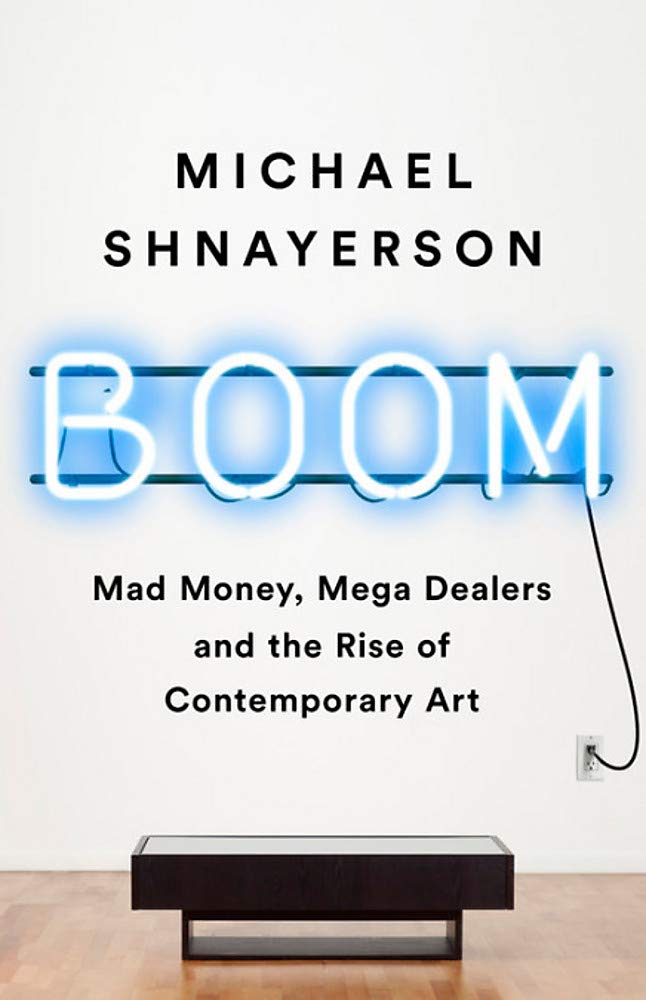
Boom
Michael Shnayerson
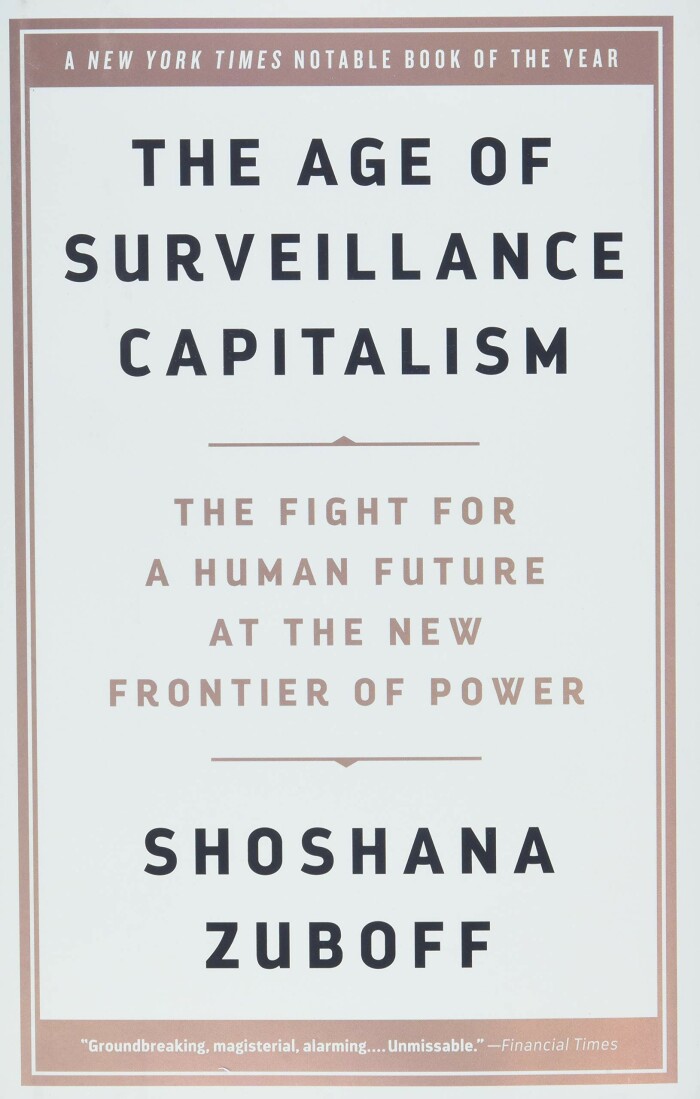
The Age of Surveillance Capitalism
Shoshana Zuboff

Super Pumped
Mike Isaac
